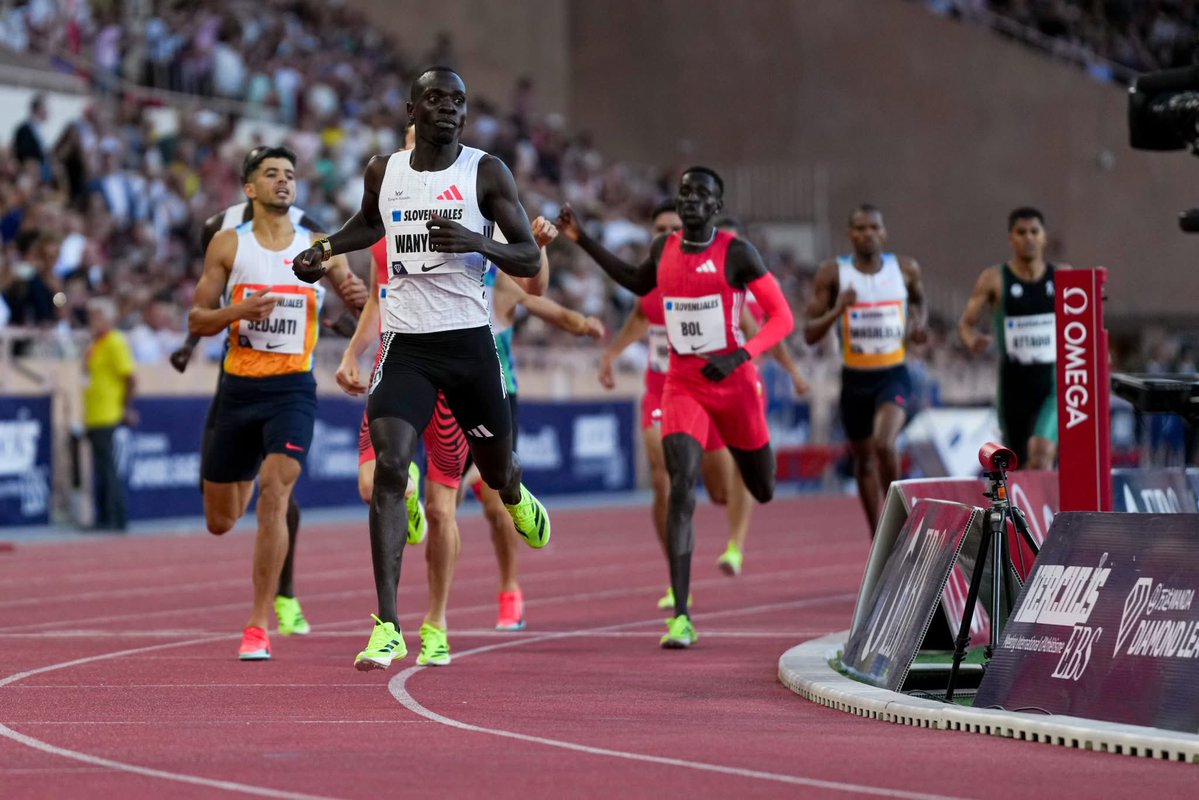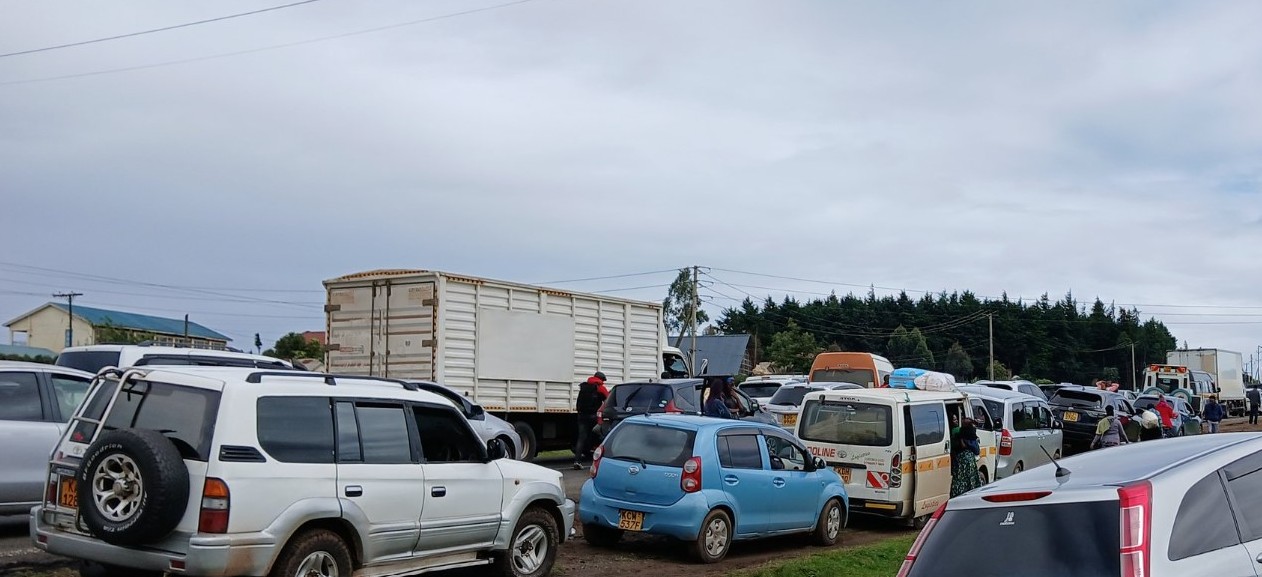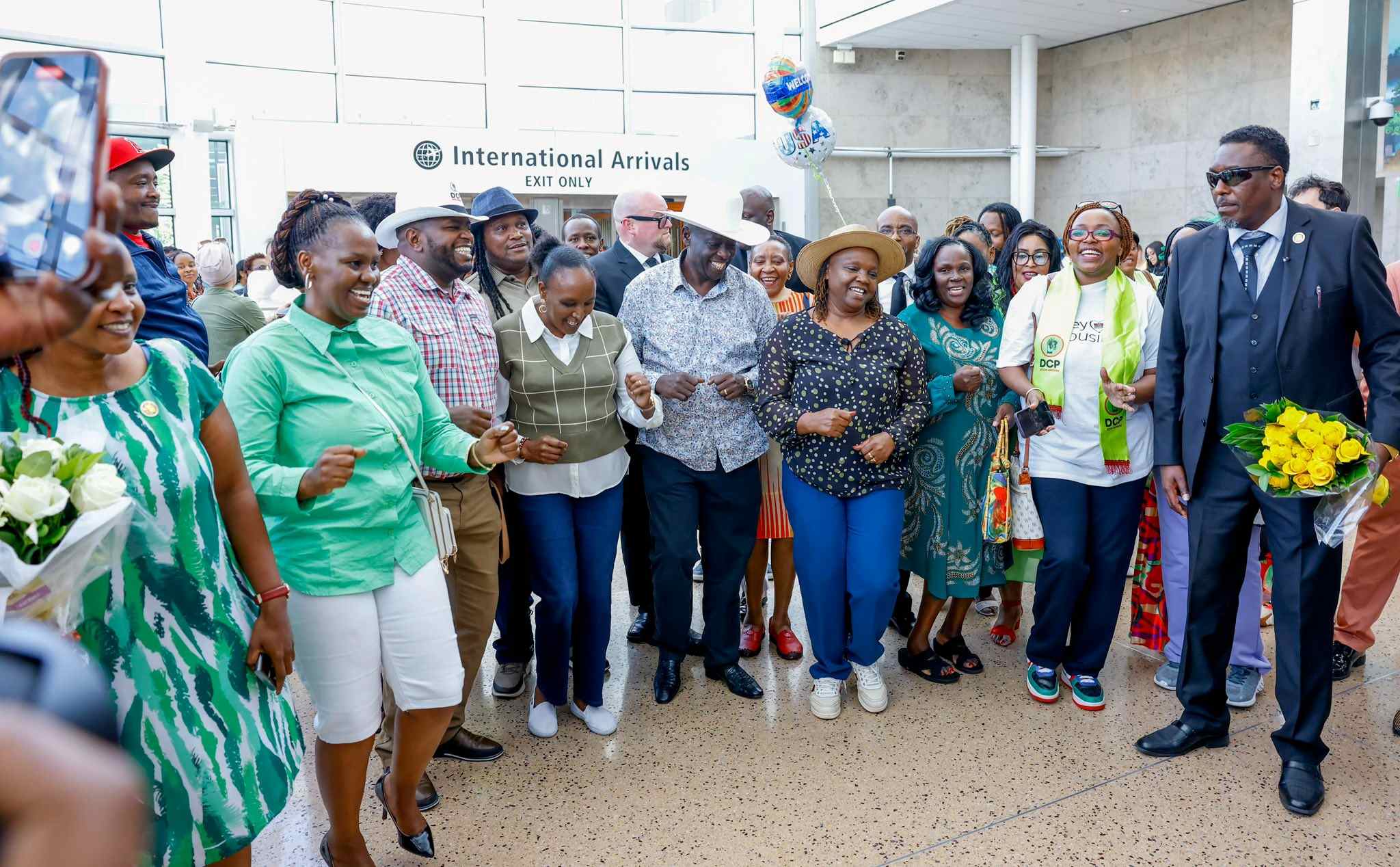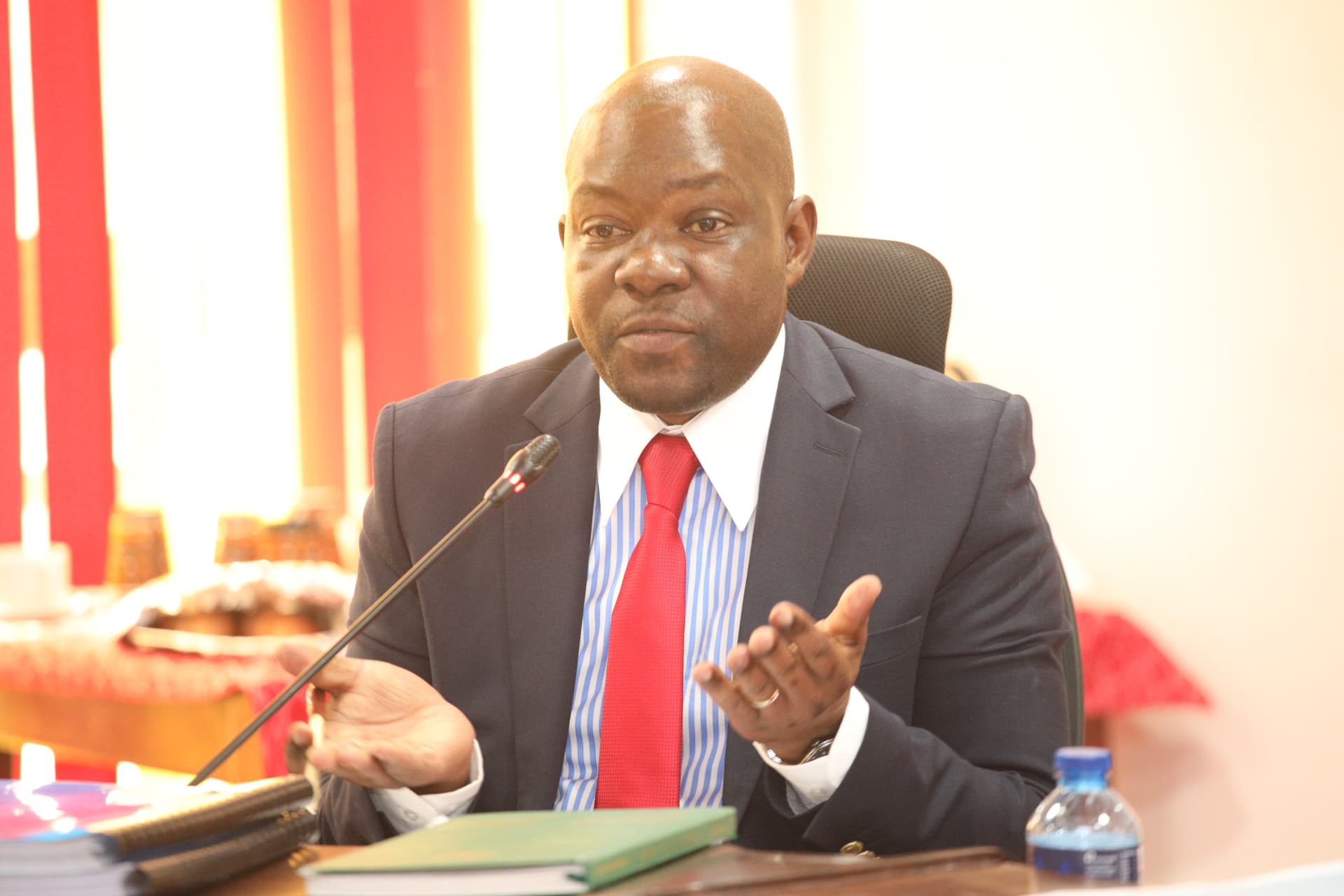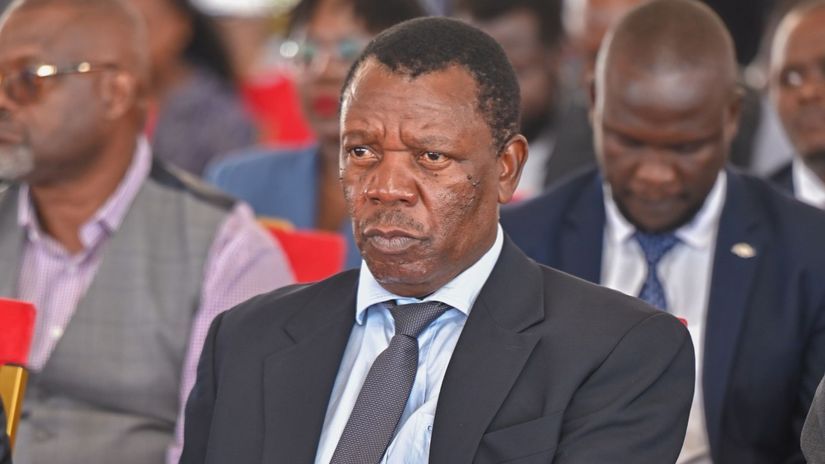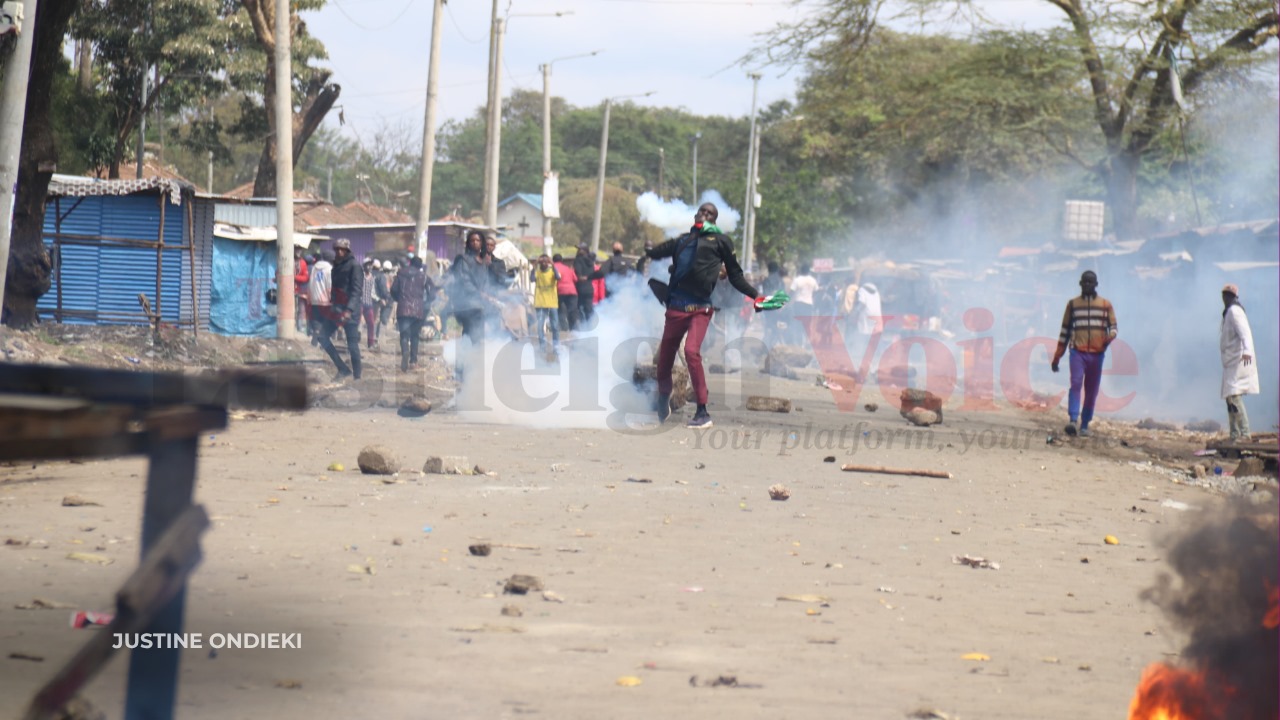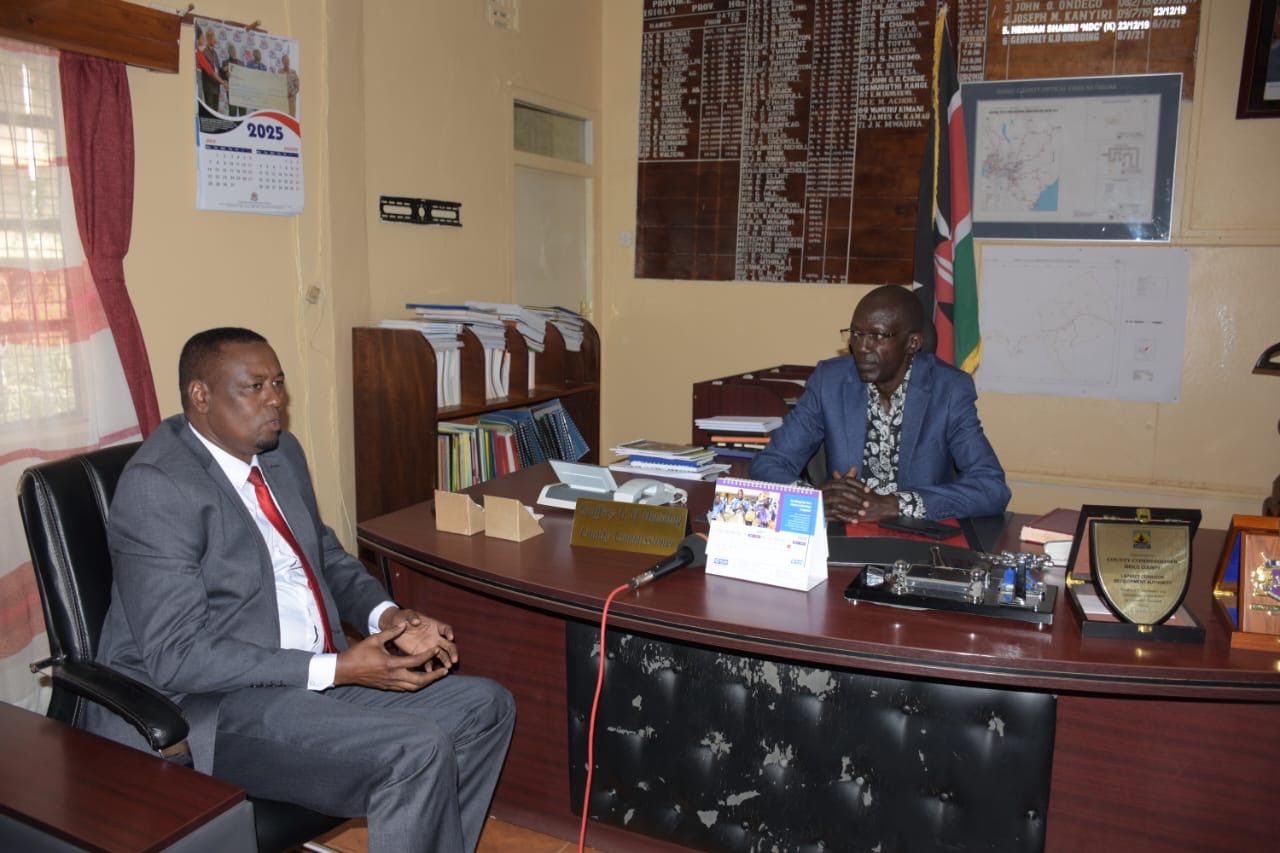Julia Njoki died in prison, not in police custody, police now says
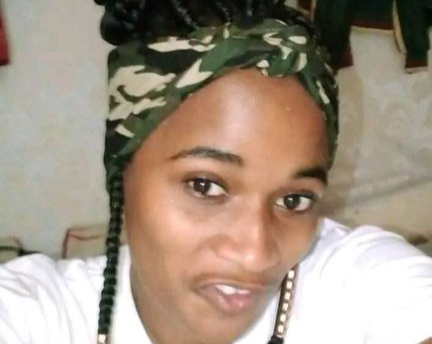
NPS spokesperson Michael Muchiri confirmed Njoki’s death but clarified that she passed away while in remand at Nanyuki Women’s Prison, not in police custody.
The National Police Service (NPS) has dismissed claims that Julia Njoki, who was arrested during the Saba Saba protests, died in a police cell.
Speaking on Thursday, NPS spokesperson Michael Muchiri confirmed Njoki’s death but clarified that she passed away while in remand at Nanyuki Women’s Prison, not in police custody as widely reported on social media.
More To Read
- Saba Saba death toll rises to 38, KNCHR confirms
- Family recounts Harrison Wachira's final moments during Saba Saba Day protests
- Return stolen goods or else! Kirinyaga traders issue 14-day ultimatum to looters following Saba Saba chaos
- Political parties lobby back Raila's call for national dialogue to calm protests
- City businessman Kakan Maiyo freed on Sh10,000 police cash bail after dramatic arrest
- Manyatta MP Gitonga Mukunji vows to 'keep fighting for Kenyans' following release
“There are misleading reports circulating online alleging that Julia Njoki collapsed and died in a police cell after suffering multiple head injuries from an alleged assault by officers. We wish to clarify that this is false,” said Muchiri.
He explained that Njoki was arraigned in court on July 8 and charged with malicious property damage. After taking a plea, she was remanded to Nanyuki Women’s Prison.
“While in remand, she was taken ill and admitted to Nanyuki Cottage Hospital. According to reports from prison authorities and police, she passed away this morning,” Muchiri added, noting that further details will be communicated in due course.
Njoki’s death comes barely a month after a separate case sparked national outcry: the death of Albert Ojwang, a 30-year-old teacher and blogger, who died in a police cell at Central Police Station in Nairobi.
The police initially said that Ojwang had died of self-inflicted wounds, but a later examination of his body revealed otherwise. A copy of the autopsy report, viewed by The Eastleigh Voice, noted head trauma, neck compression and bruises and lacerations across the body.
Top Stories Today



